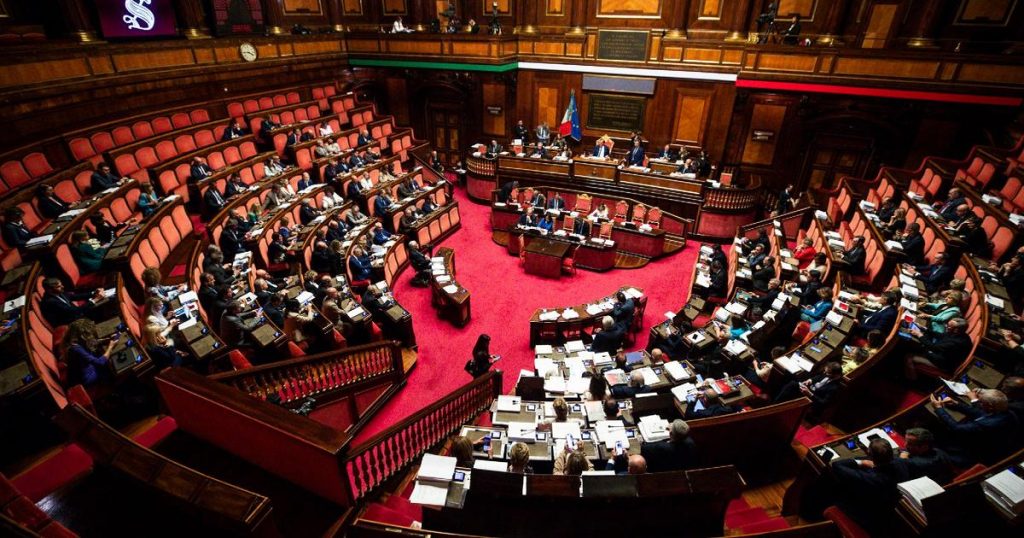The Senate approved a constitutional reform bill that would allow for the direct election of the Prime Minister, with 109 votes in favor, 77 against, and one abstention. The bill will now move to the Chamber for a second reading. The session, which began around 3:30pm, was focused on final statements and the final vote for the bill. Key government ministers, including Maria Elisabetta Alberti Casellati, Luca Ciriani, and Nello Musumeci, were present to support the “mother of all reforms” passing smoothly in the Senate. The bill has been amended multiple times, but a new electoral law is still needed.
In order to pass a constitutional reform law, it requires two votes from both chambers, at least three months apart. If both chambers approve the law with a 2/3 majority in the second vote, the text is considered definitively approved. If not, the law can be subject to a popular referendum, which appears likely given the numbers in the current government. Opposition parties have planned a protest against the Premierato and differentiated autonomy, with various groups gathering in Piazza Santi Apostoli. The protest will include parties such as Pd, M5S, Verdi-Sinistra, and +Europa, as well as civic and social organizations, unions, and associations.
The protest will also include a reading of an appeal signed by 180 intellectuals, including jurists and former presidents of the Constitutional Court. Riccardo Magi, secretary of +Europa, stated that Italy needs reforms but not a Meloni-led Premierato or Salvini’s differentiated autonomy. The opposition is prepared to use all democratic tools, including a referendum, to block these reforms. Images of tensions at the House and Senate during the examination of the reforms on June 12 and 13 have sparked further opposition.
Following the final vote on the constitutional reform, senators from Fratelli d’Italia organized a flash mob to emphasize the importance of the reform. The flash mob took place at the entrance of the Senate and aimed to support the reform. Giorgia Meloni, leader of Fratelli d’Italia, has previously stated that the goal of the reform is to prevent political upheavals. The bill’s approval in the Senate signals a significant step towards potential changes in the election process of the Prime Minister, but further legislative and electoral processes still lie ahead. Opposition parties and various groups continue to voice their concerns and opposition to the proposed reforms.


